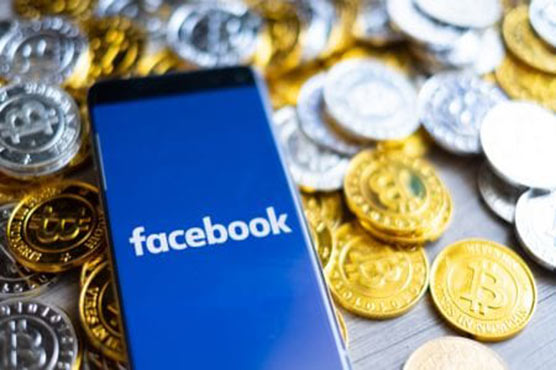G20 kicks off debate to regulate 'stablecoins' in hit to Facebook's Libra

The FSB and the FATF are expected to report their findings on stablecoins to the G20 next year.
WASHINGTON (Reuters) - Group of 20 finance leaders on Friday agreed to set strict regulations on cryptocurrencies such as Facebook’s Libra, warning that issuance of such “stablecoins” should not be allowed until various global risks they pose have been addressed.
The agreement came after a G7 working group warned that when launched on a wide scale, stablecoins - digital currencies usually backed by traditional money and other assets - could threaten the world’s monetary system and financial stability.
Finance chiefs of the G20 major economies agreed that while stablecoins could have potential benefits of financial innovation, they give rise to a set of “serious” public policy and regulatory risks.
“Such risks, including in particular those related to money laundering, illicit finance, and consumer and investor protection, need to be evaluated and appropriately addressed before these projects can commence operation,” the G20 finance leaders said in a statement issued after their meeting.
Bank of Japan Governor Haruhiko Kuroda said the G20 will kick off debate on how to regulate stablecoins based on proposals it receives from standard-setting bodies like the Financial Stability Board (FSB) and the Financial Action Task Force (FATF).
The FSB and the FATF are expected to report their findings on stablecoins to the G20 next year. That reduces the chance Facebook will meet its goal of rolling out Libra in 2020.
“Policymakers have expressed concerns over various risks stablecoins pose. Until they are addressed, stablecoins should not be issued. That was something agreed by the G20 members,” Kuroda told a news conference hosted by Japan, which chaired this year’s G20 gatherings.
BROADER MONETARY IMPLICATIONS
The G20 has also asked the International Monetary Fund to examine the economic implications, including monetary sovereignty issues, according to the group’s press release.
“Some emerging countries have concerns on what could happen if stablecoins backed by a huge customer base become widely used globally,” said Kuroda, who was among the global finance leaders gathered in Washington this week for the IMF and World Bank fall meetings.
“But this is not just a problem for emerging economies. It could have a broader impact on monetary policy and financial system stability,” he said.
The G20 agreement underscored concerns among global policymakers about stablecoins such as Libra, which suffered a defection of a quarter of its original members that had initially backed the project.
German Finance Minister Olaf Scholz on Friday redoubled his criticism of Libra, saying creation of a new world currency should be prevented.
“We now know that both the G7 and G20 are quite cautious about stablecoins,” a Japanese Ministry of Finance official who attended the G20 talks told reporters.
“Personally, I feel that such strong concerns held by policymakers may have been among reasons why some companies decided to pull out of the Libra project,” the official said.
While setting regulations on stablecoins, policymakers will also debate ways to make existing cross-border settlement and payment systems more efficient, BOJ’s Kuroda said.
But such efforts will be confined to private-sector settlements, he said, adding that the G20 did not discuss the idea of central banks issuing digital currencies.
“The BOJ, too, has no plans for now to issue digital currencies,” Kuroda said.

